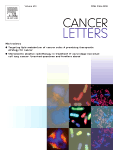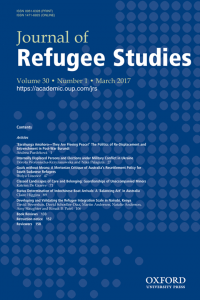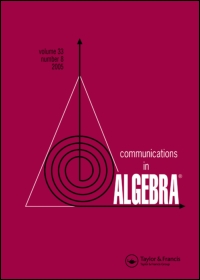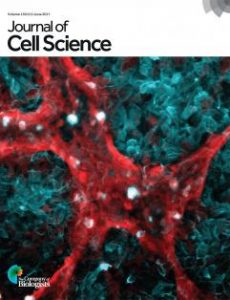 Two authors who had a paper retracted for fake peer review in 2015 have lost another for the same reason.
Two authors who had a paper retracted for fake peer review in 2015 have lost another for the same reason.
Elsevier recently retracted the second paper by the duo, a 2015 paper in a cancer journal, after finding evidence of fake peer review. The paper was submitted in October 2014 and accepted just a week before our piece on fake peer review appeared in Nature.
According to the notice, after investigating the paper, which appeared in Cancer Letters, the publisher concluded that it was accepted “based upon the positive advice of at least two faked reviewer reports.” The notice also explained that the identities of several authors “could not be confirmed.” Continue reading Fake peer review strikes again for pair of authors







